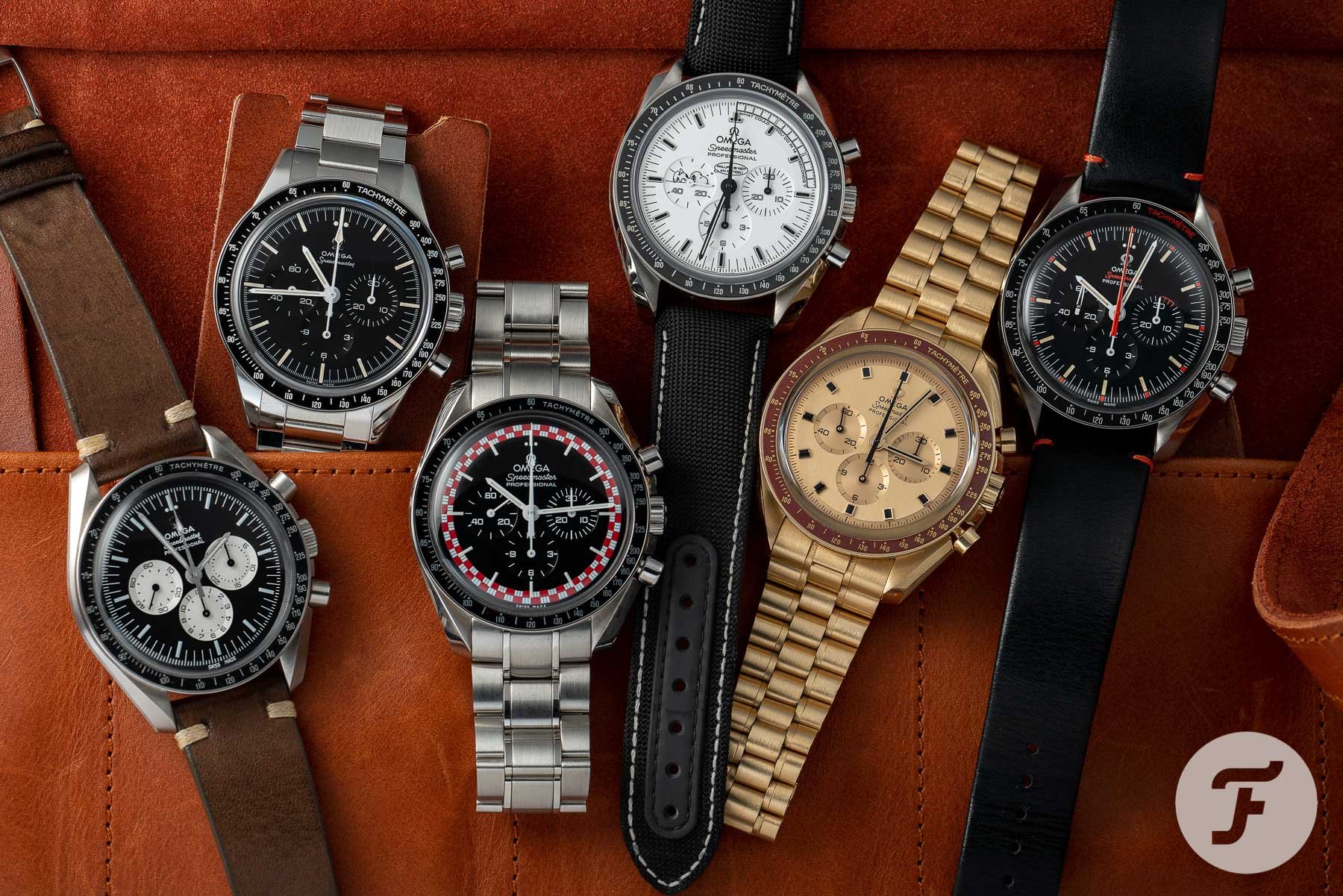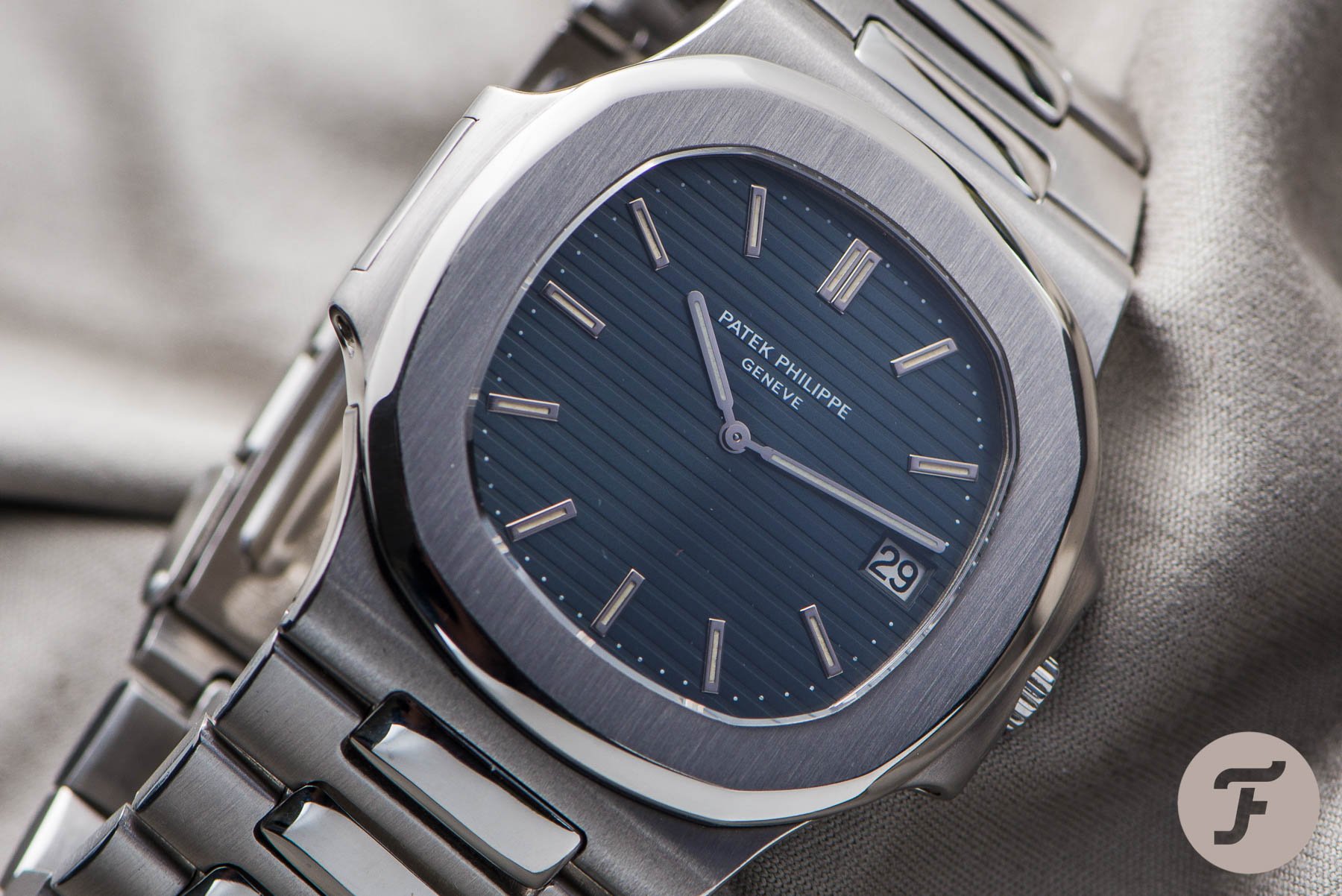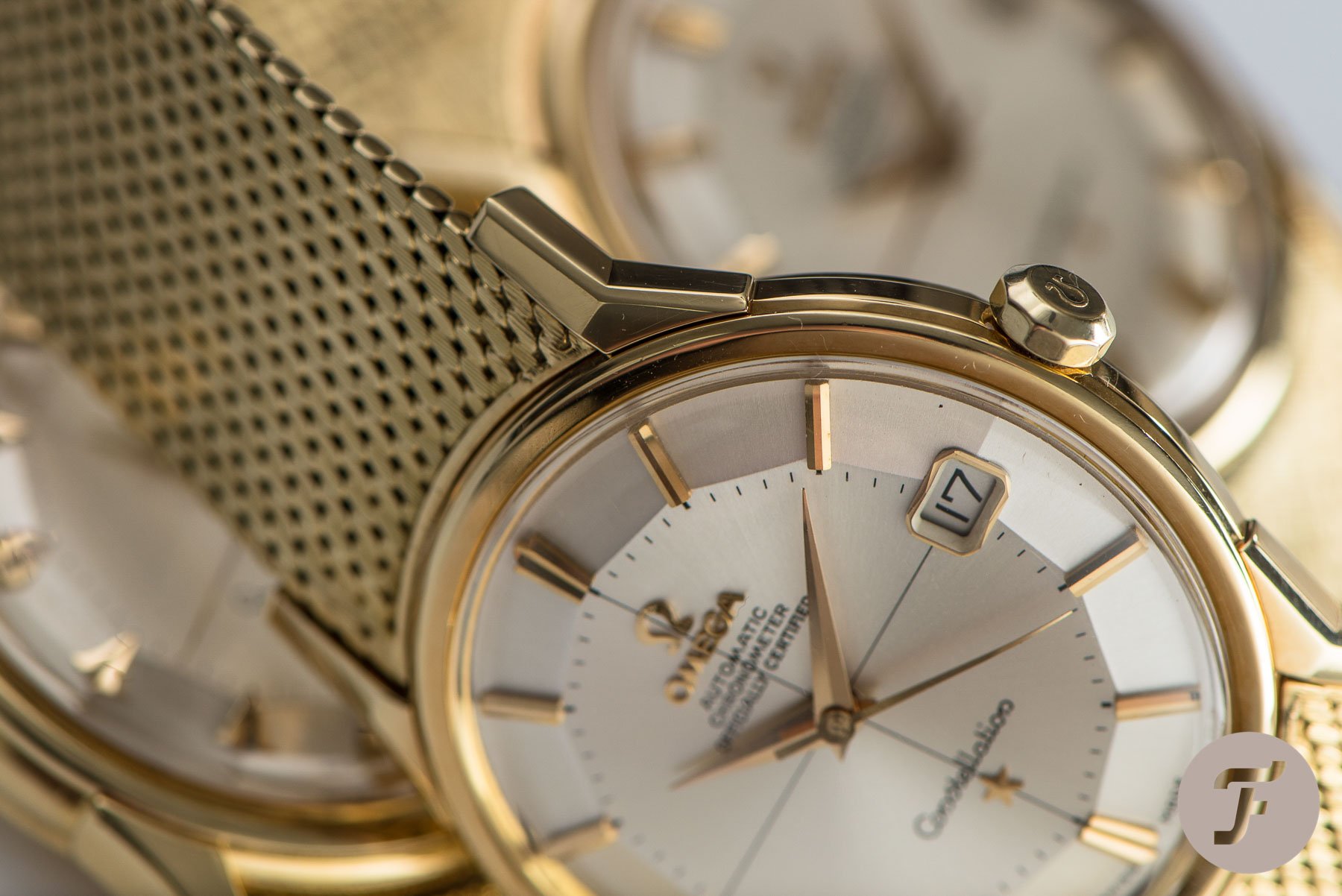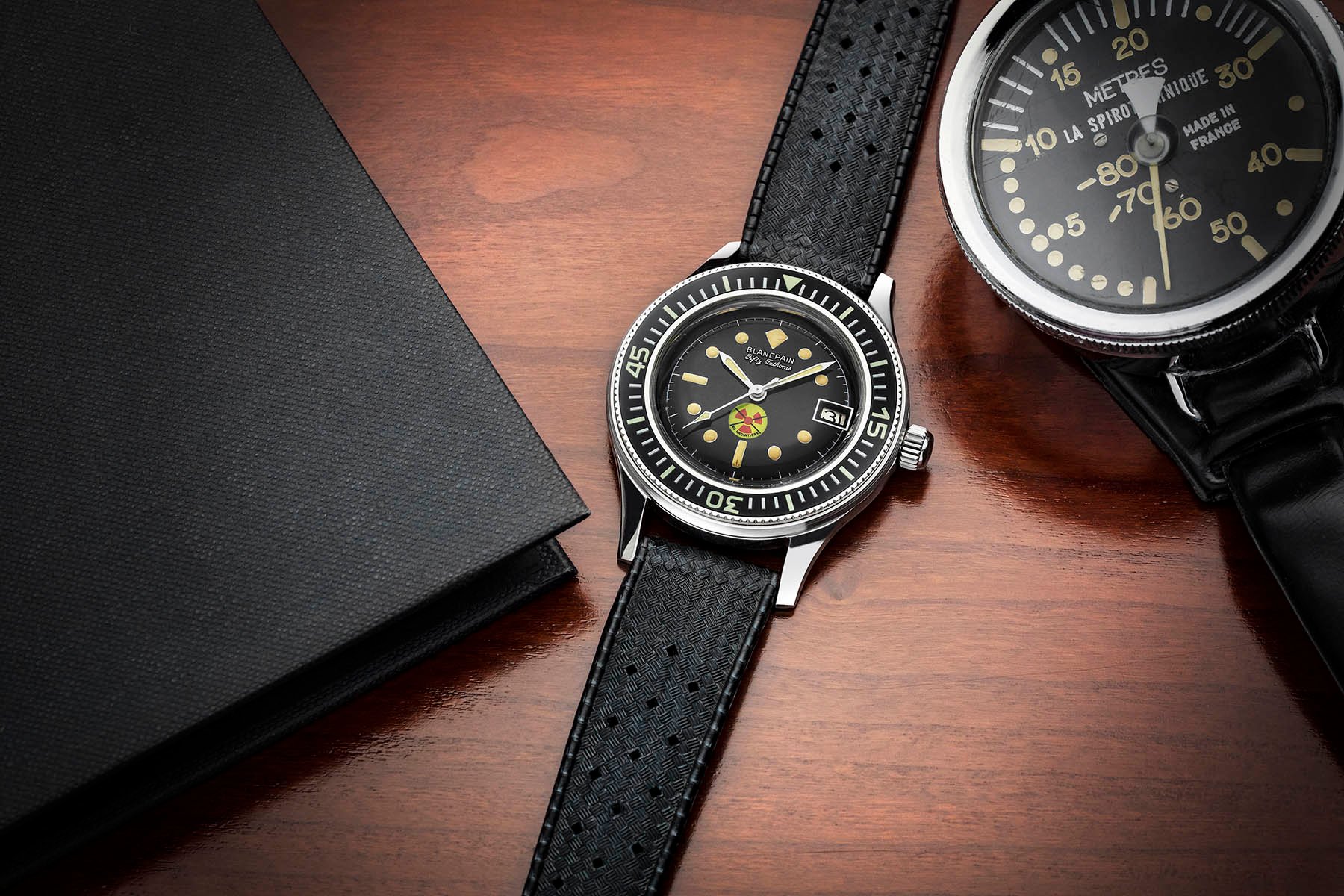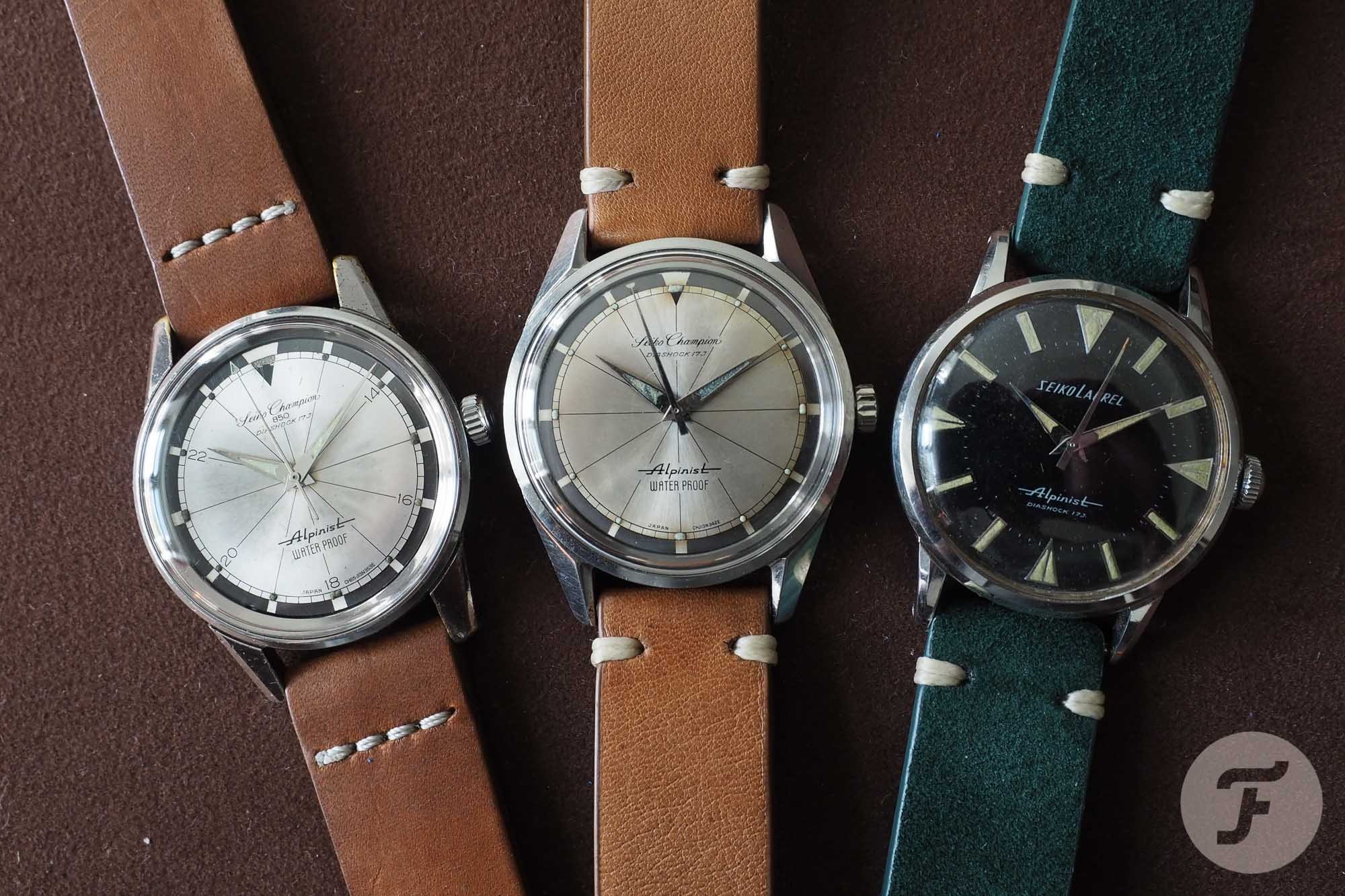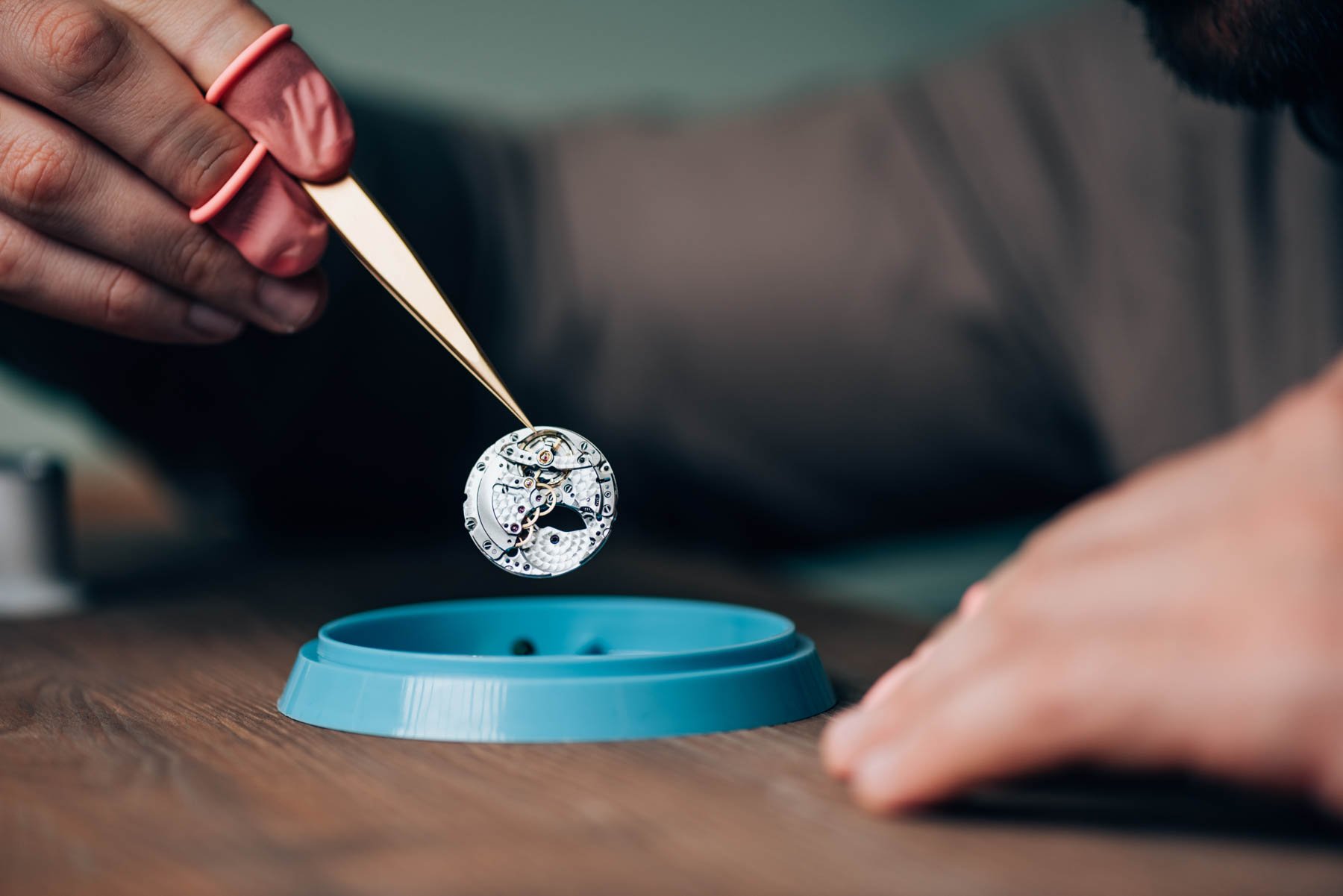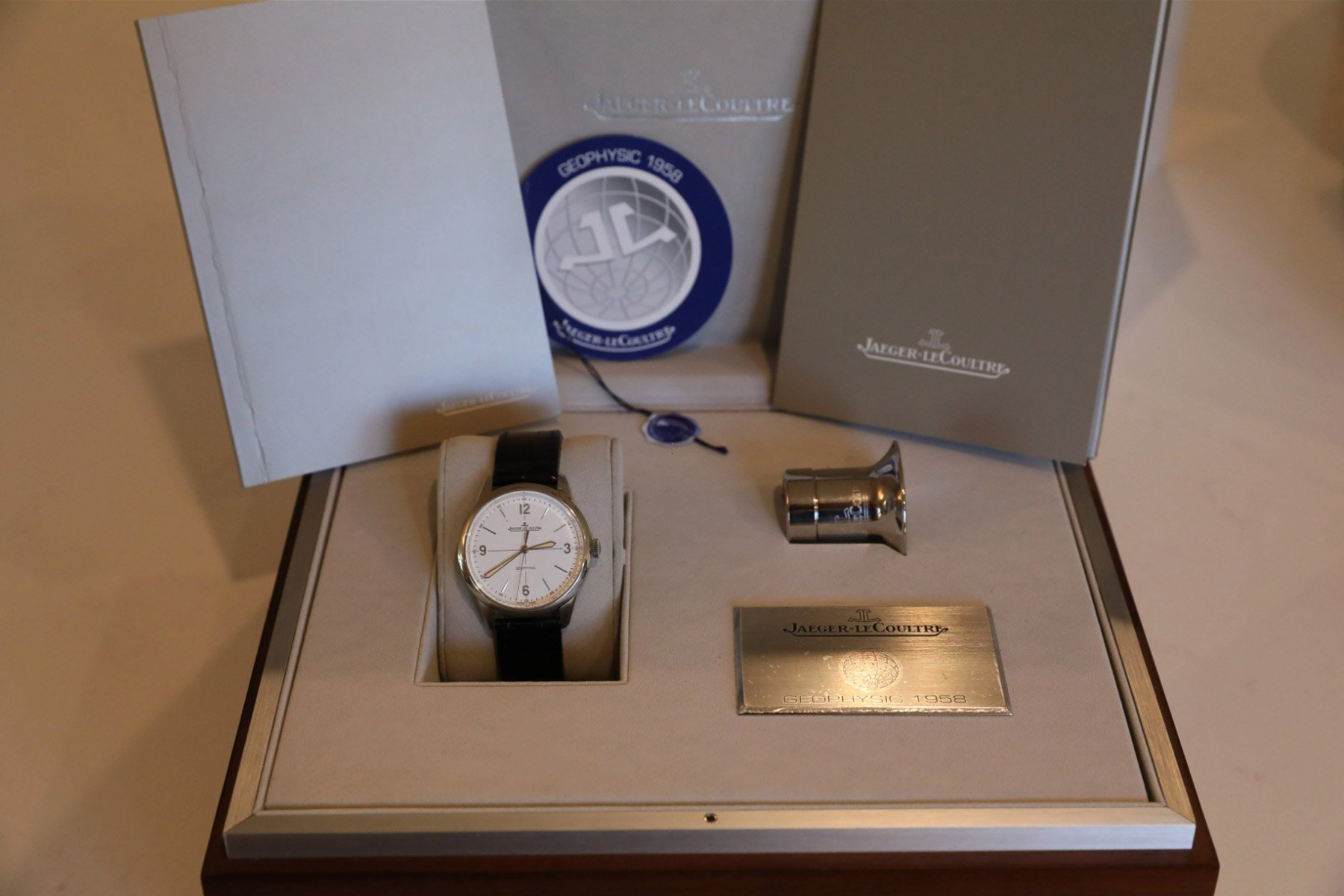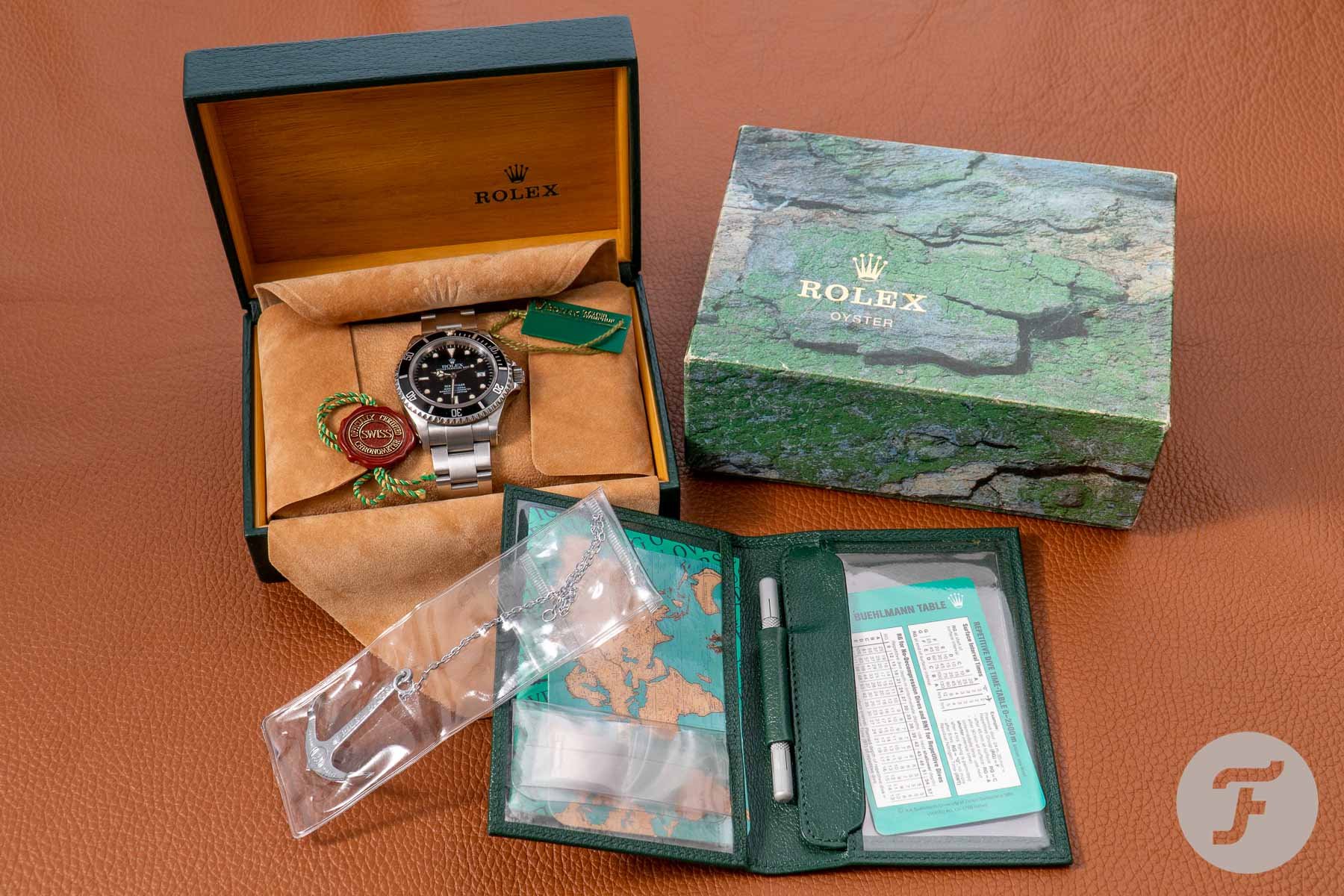Selling Your Watch To A Dealer Or Trading It In — Tips From A Former Watch Dealer
Some of us never let go of any of our prized timekeeping possessions. Others are notorious serial flippers. When dealing with a costly hobby like ours, selling or trading something every now and then is almost unavoidable. However, it can be more than a little intimidating at first. In this article, I will share some tips on how to sell your watch to a dealer or trade it in toward a new watch purchase.
Whether it is a good idea to sell to a dealer depends on several factors, many of which are personal. But let me try and paint a comprehensive picture of what you might encounter. I will also throw in a tip or two based on my experience from the other side.
A word or two on price when selling your watch
If you want top dollar for your watch, you should not be trading it in or selling it to a dealer. It really is simple as that.
Chrono24 is the platform of choice for most people to determine what a reasonable price would be. For some reason, many people expect a dealer to pay that price. Advertised prices are asking prices, and they are aimed at consumers. You can use these to estimate what your prospective dealer could sell your watch for, but not what he or she can pay you for it. If you want that price, you will have to put your watch on Chrono24 yourself.
I have had countless occasions where a seller would offer me €500 below the typical Chrono24 price on a watch north of €10K. Needless to say, you cannot run a store, service a watch, do photography and writing, offer a warranty, take financial risk, and make a profit at 5%. You need — at the very least — 25% to 30% to do that. And that is still a lot less than a dealer would make on a new watch.
Then why sell to a dealer?
Does it make sense to sell to a dealer or trade in on a new purchase at all? Well, if you can live with a lower value, it might.
First of all, it is by far the quickest way to sell your watch. I know, some watches are snatched up the second they are uploaded. However, most watches take time and effort to sell. Sometimes you just need (or want) your money quickly.
Safety is another issue. If you are able to sell your watch online, it’s perhaps less of a worry. But physically meeting potential buyers can be risky when it comes to valuable watches.
Things like visible wear and scratches are also much less of a hurdle for a dealer…
Lastly, selling to a dealer can be a worry-free route. Once a dealer buys your watch, he or she is unlikely to come back to you with complaints. The store will usually take any hidden issues on the chin and just fix them. Things like visible wear and scratches are also much less of a hurdle for a dealer, who will probably get the watch refinished if needed. It can be hard to find a consumer to accept a watch in such a condition. so you may have to get some work done on it first. And then there is stuff like photography and advertising, which all take time and effort.
On a hard-worn watch that is not a super-easy seller, 25% to 30% off the typical Chrono24 price to save you a ton of hassle and time can be a very good deal. But it is up to you, of course.
Trade-in value and discount
Okay, so let’s assume you have decided to go down the route of a trade-in. One thing to look out for is transparency about the trade-in and any discounts on the new watch. Make sure they are kept separate in the negotiations. On many watches, discounts are a thing of the past anyway. But let’s assume you are considering a watch that will easily be offered at 10% or 20% off.
You do not want to find yourself paying for your own discount through your trade-in watch. “I cannot quite offer you that number on your watch, but I can do something on the other end” is a no-go for me. Vagueness is not your friend here. You want a price and a discount you know to be fair. Both might be less than you hoped for, but they should be reasonable.
Loss aversion
Okay, a few more words on price, then. Loss aversion is a cognitive bias first described by researchers Daniel Kahneman and Amos Tversky in 1979. It describes how people tend to attribute more value to what they already own. Losing five euros is more painful than winning five is joyful, in short.
The same goes for selling watches. People tend to attribute too much value to watches they own. It is hard to see how the condition or other factors might lower the value of our own watches. A dealer will look at your watch in a more detached way. It can be hard not to be offended by the resulting offer.
I am guilty of this myself. Say a watch I own trades between €2,500 and €2,900 on Chrono24. I then tend to think, “Good, it’s worth €2,900.” That, however, may not always be justified. It is good to try to be aware of this.
You are not in battle when selling your watch
One important tip that I can share is to approach the whole thing in a relaxed state of mind. Try to look at it as attempting to find common ground. The only desirable outcome is one where you and the dealer both benefit. Anything else will not lead to a deal. Selling your watch, therefore, is not a zero-sum game. You are not in battle with the dealer.
The only desirable outcome is one where you and the dealer both benefit.
This was one of the few aspects of vintage-watch dealing that I really disliked. People approaching a negotiation like a fistfight. Kicking the tires. Nostrils flared, heart rate elevated. Such negotiations would often become unpleasant and hostile. And honestly, it made me a lot less willing to be generous in the deal. If anything, such clients were much less likely to walk out with the desired outcome. They might have felt righteous and assertive, but they went home with their old watch.
But, then again, perhaps I am not the right person to ask. I detest sales training and clever deal-closing tricks. If it cannot be done in a pleasant, real, positive way, it should not be done at all. Buying and selling watches is about sharing a passion.
Servicing your watch before selling it
I often get asked whether you should get your watch serviced prior to selling it. The answer depends on your plans. If you intend to sell directly to a consumer, a fresh service might make your watch more attractive. It can also prevent discussion afterward.
If you intend to sell to a dealer or do a trade-in, servicing is probably not advisable. Most dealers prefer to service the watch themselves. They have trusted watchmakers whose work they know well. It makes it easier for them to offer a warranty. They will not be scared off by superficial surface wear like consumers might be either, so save yourself the expense in this case.
If you intend to sell to a dealer or do a trade-in, servicing is probably not advisable.
It is advisable to always get a specified invoice when you have your watches serviced. Make sure the unique serial number of your watch is on that invoice. It is good to have as complete a service history record as possible, especially if you find yourself wanting to sell a watch shortly after a service. When the invoice is present and watch-specific, it can add value. A dealer cannot resell a watch as “serviced” without such proof.
Postpone negotiations until you are ready to pull the trigger
It is always pleasant to know where you stand when you are working towards a new watch. Getting a feel for the trade-in value of your watch will help. My advice would be to make very conservative estimations through your own research. Dealers dislike being played off of one another, so they do not like to share numbers if they feel you are still shopping around.
You will likely get a more conservative estimate from your dealer. It is hard to then reopen negotiations later on. A dealer will never give you his best price if he knows you are going to try a competitor next. So do not open negotiations before you have decided on a watch and a good, reliable dealer. Of course, you can always walk away if you do not reach the desired outcome.
Your experience selling your watches
There you have it — just a couple of tips from my days as a vintage dealer. But I am curious to hear about your experience. How do you go about selling a watch? What methods have you found to be reliably successful? How do you get a process and a price that you are comfortable with? Let’s share some best practices in the comments below.

